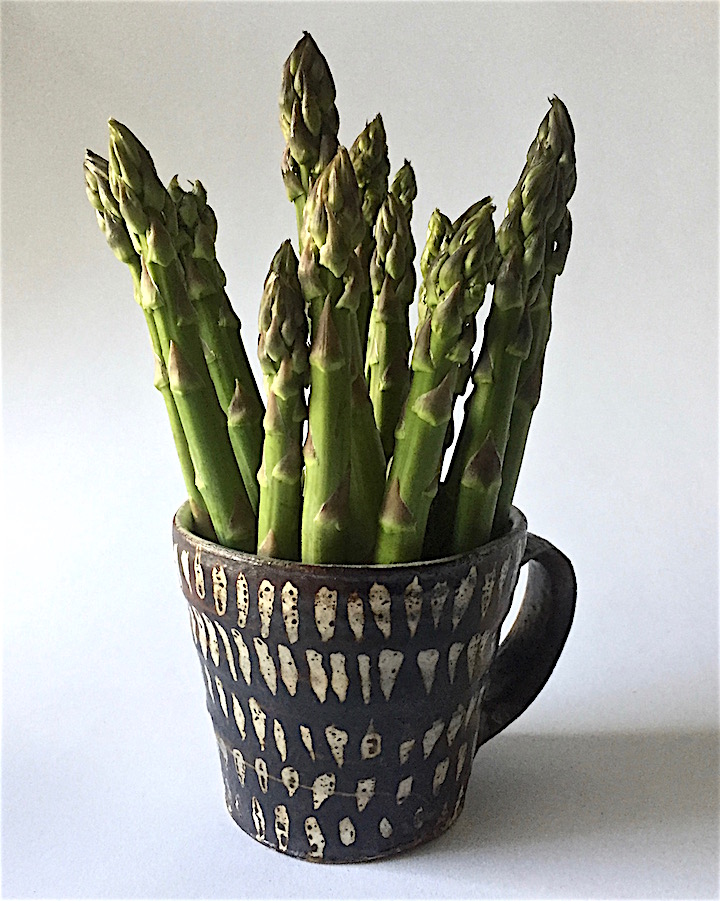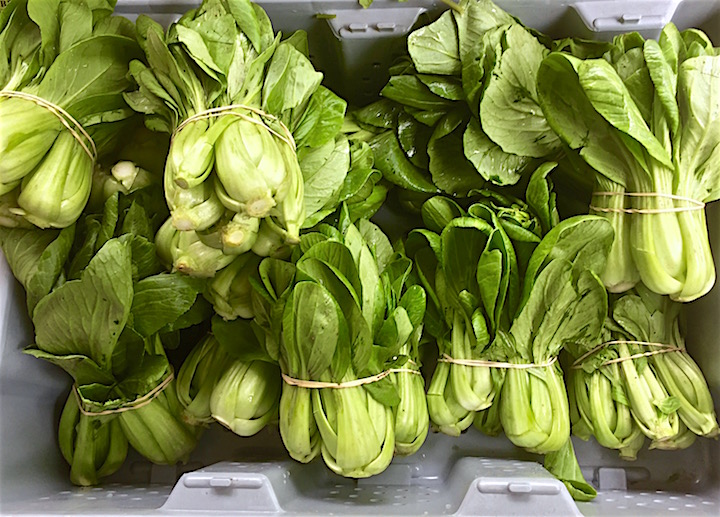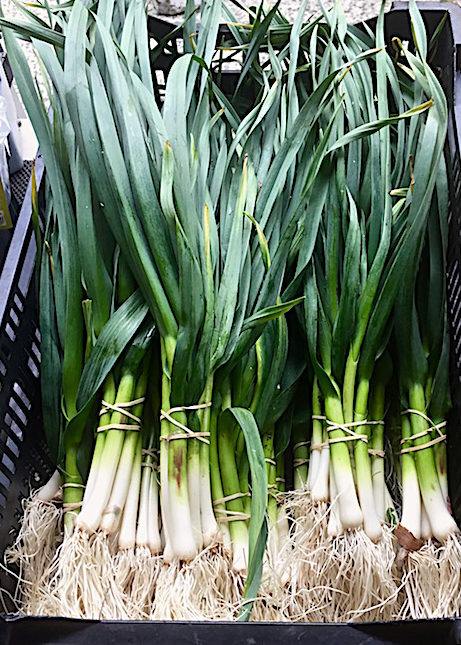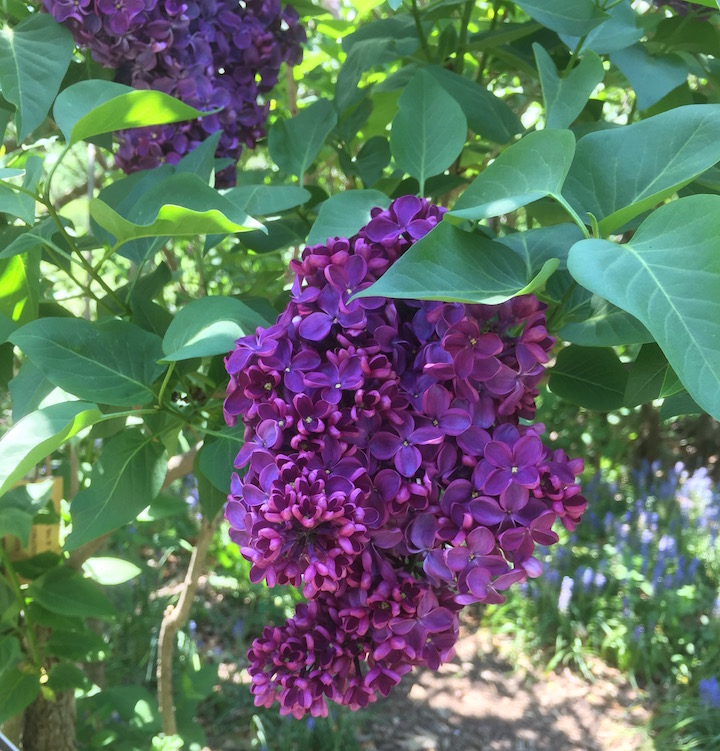
Mug by Bandana Pottery
Memorial Day is the unofficial start of summer and with it comes the fresh fruit and vegetable season – finally! For those who have been scouring the markets for something green and fresh, local spring asparagus and strawberries are cause for celebration. I was at our farmer’s market on Friday and there were fresh herbs, lettuces, Asian greens and green garlic alongside said asparagus and berries and much of it was organic.

Buying organic vegetables is one easy action we can take toward healthier eating. There are reasons beyond health to buy organic. Every time you buy organic produce, especially local, you help keep family farms thriving, protect workers and water and keep deadly pesticides away from land, animals and people. Organic is more widely available than even a few years ago and, in many cases, not so expensive as it once was. Our neighborhood market carries organic produce at reasonable prices to say nothing of Costco and Amazon. But does all the produce we buy need to be organic? The Environmental Working Group, a nonprofit, nonpartisan organization acting to protect the environment and human health, publishes an online “Shopper’s Guide to Pesticides in Produce” which includes the “Dirty Dozen” and the “Clean 15” lists of the most and the least pesticide-laden fruits and vegetables. I rely on their research to know what I must buy organic and what I don’t have to and you can, too.

The EWG’s lists are a big help toward understanding where we can be flexible in our shopping choices. According to them, we must choose organic strawberries, spinach and peaches but not necessarily avocados, onions or pineapple. Go to their website (I’ve linked to them above), print them out and put them near where you make your grocery list. Their recommendations will make your fruit and vegetable shopping much easier.
